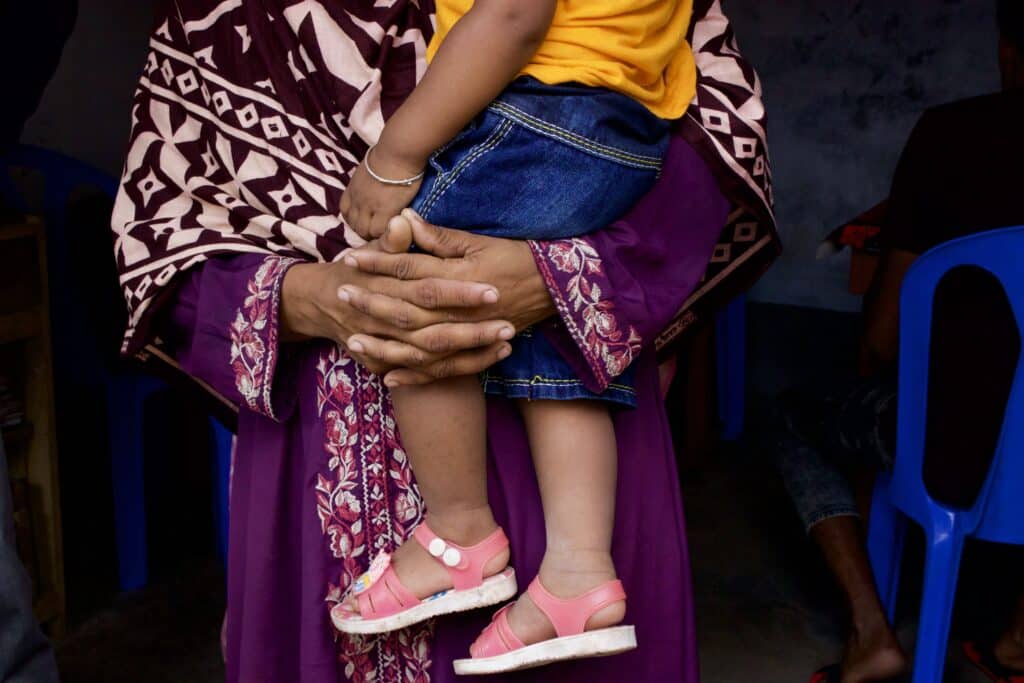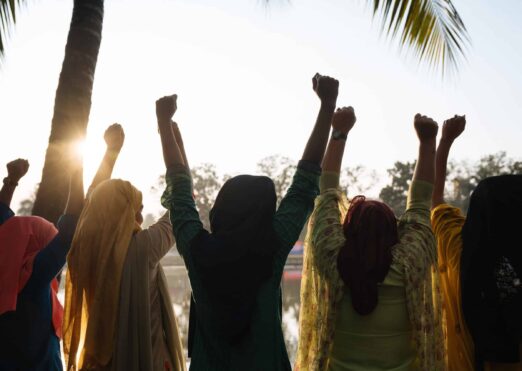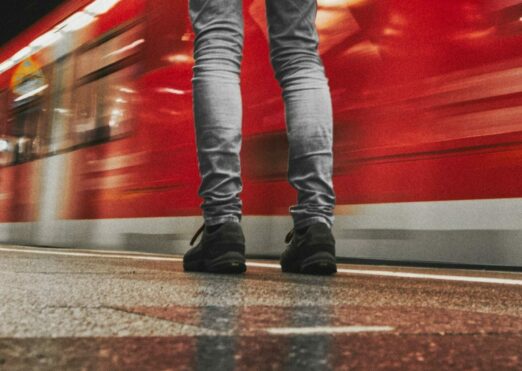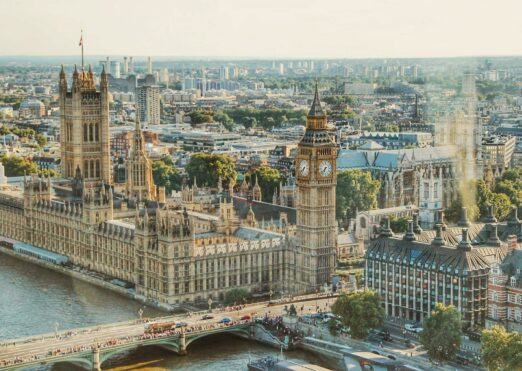In Focus: The Link Between Climate Change and Modern Slavery
July 23, 2025
Welcome to our new series, Modern Slavery in Focus, where we explore lesser-known drivers and consequences of modern slavery and human trafficking.
In this piece, we examine the urgent and growing link between climate change and modern slavery.
How do climate change and modern slavery link?
Climate change is not just an environmental crisis, it is a human crisis. As climate shocks intensify, they displace millions, erode livelihoods, and dismantle protective community structures. Every flood, drought or cyclone increases the risk of exploitation for vulnerable people.
When people are forced to migrate due to climate change, they face a greater risk of human trafficking. Individuals displaced often lack family and community networks in their new destinations, have limited opportunities for employment and income generation, and limited access to legal and labour protection. Climate-related hazards played a role in 26.4 million displacements in 2023, according to the Internal Displacement Monitoring Centre.
At the same time, government support and law enforcement systems often become overwhelmed in times of crisis, leaving many of these individuals unprotected – as our issue brief on climate induced migration in 2023 warned.
The breakdown of income sources and social safety nets creates the perfect storm to exploit desperation and dislocation. Traffickers are thriving in the chaos left behind, targeting vulnerable people with ‘promises of better lives’ before forcing them into exploitation.
Some victims are trafficked into industries that are harmful for the environment – meaning that a vicious cycle can emerge where climate change both drives modern slavery and is driven by it.

Ayesha’s story
Justice and Care is seeing first-hand the impact climate change is having in Bangladesh – with houses ruined, families displaced and increased risk of trafficking, particularly amongst children.
Bangladesh – which has an estimated 1.2 million people living in modern slavery already – is one of the most climate-vulnerable nations on Earth, with over 700,000 people are displaced by climate-related events each year.
These displacements disproportionately affect women and children, who make up 90% of those forced to move.
Ayesha’s* story is typical. After their home and subsistence farm was damaged multiple times due to cyclones and high waves, the 15-year-old’s family was forced to move to Dhaka. There, as she tried to help her family survive, Ayesha became vulnerable to traffickers.
Ayesha was tricked by the promise of a job in India, told that she’d be able to earn enough to be able to send lots of money home to support her family. When she arrived in India, she quickly found that she had been sold a lie and was forced to work in a brothel, raped by men, day in and day out.
She eventually walked free and our team helped reunite her with her family, supported her with the care she needed and helped provide her with skills and education, giving hope for the future.

How is else Justice & Care helping?
Despite the clear overlap between climate vulnerability and exploitation, adaptation plans often fail to address this intersection. Climate policy and anti-trafficking efforts often remain siloed, leaving critical gaps in protection.
However, at Justice & Care, we believe that to end modern slavery, we must all work together. That’s why we work at the intersection of climate resilience, gender equality, and access to justice.
We join forces with women-led groups, survivor forums, service providers and communities to support those living on society’s edges – the people most at risk of exploitation and most impacted by climate change. At the same time, our advocacy work at government level drives policy and action, ensuring the full picture of vulnerability is recognised and change is implemented.
Some of our recent work linked to this issue includes: –
- Through our Champion Survivor-led Aftercare Model, we work with over 200 survivors to build self-sustaining climate-resilient, sustainable, and dignified livelihoods and independent women-led hubs. There have been zero instances of re-trafficking throughout our aftercare work.
- Last year’s Super Cyclone Remel left 20 people dead and 35,000 houses destroyed in Bangladesh, according to figures from the Bangladesh Disaster Management and Relief Ministry. We supported survivors of modern slavery affected who were struggling with unemployment after the disaster by providing helping to restore their homes and providing clothing and food. One survivor said: ‘I never thought any organisation could help me in this situation. Thank you very much for being an umbrella over my head.’
- We are working with government and service provider stakeholders to create new repatriation data management software to streamline responses and ensure smoother, trauma-informed approaches through referral systems and the National Referral Mechanism.
- We are economically empowering survivors through supporting them to open small businesses. A survivor-led social enterprise we helped to set up are actively involved in producing eco-friendly shopping bags as part of a tender initiative promoting sustainable alternatives to plastic, and recently secured a 38,000-bag order from the Institute of Jute.
The link between modern slavery and climate change is vast and powerful. But we are dedicated to finding smarter and inclusive responses to this issue. Together, we can build a future that is not only greener, but freer. Find out more about our work in Bangladesh here.


